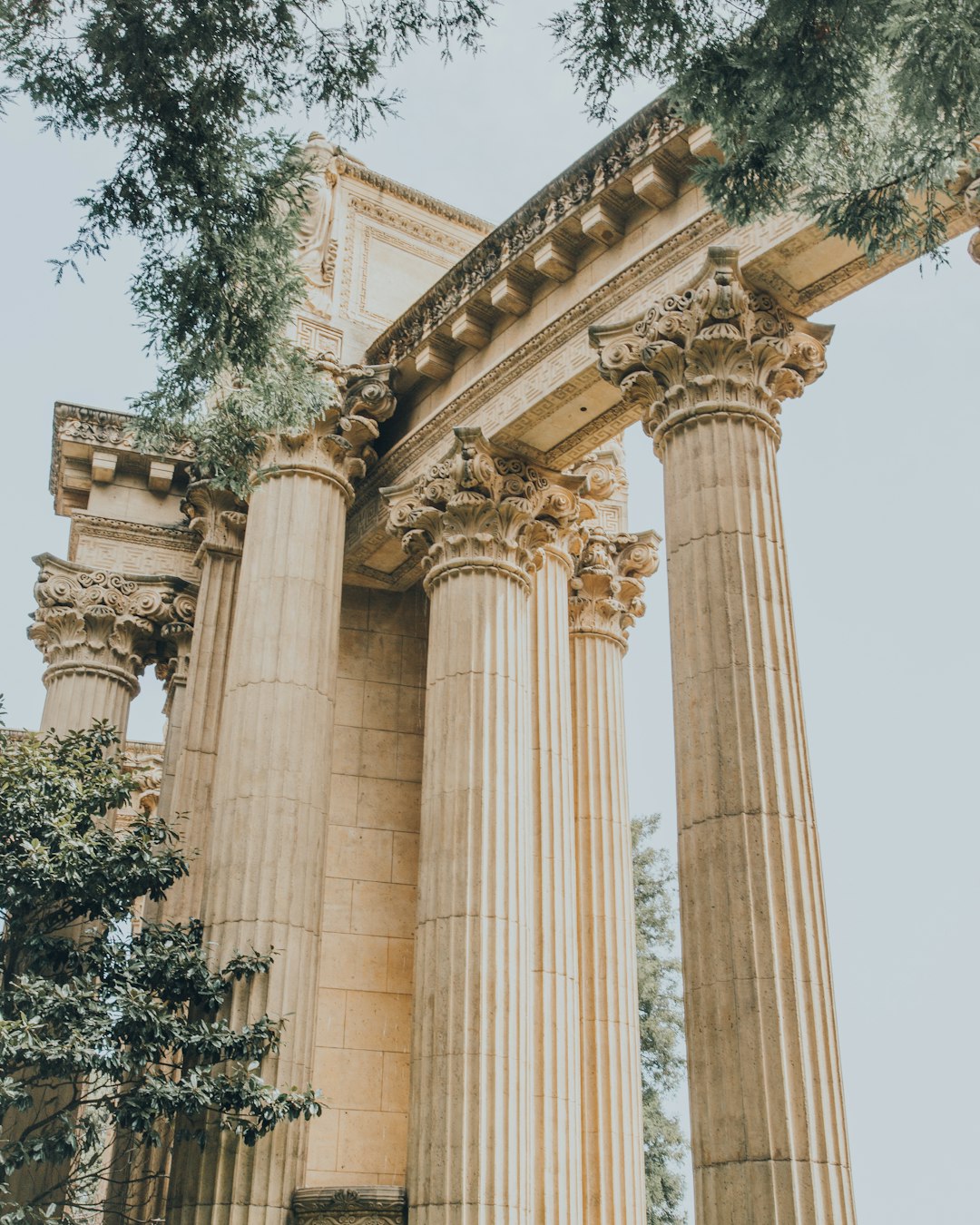As I begin this newsletter, I am confronted by a problem from one of my favorite writers, G.K. Chesterton. On the one hand, Chesterton noted, “The whole object of travel is not to set foot on foreign land; it is at last to set foot on one's own country as a foreign land.” And this statement comports with my purpose in writing The Occidental Tourist. We in the west have inherited a rich intellectual, artistic, and religious tradition of which many (dare we say most?) remain ignorant. It is practically the atmosphere in which we breathe and oftentimes we fail to notice it.
So to rediscover the origins of our western cultural heritage would be like setting foot in our own country (metaphorically speaking) with all the wonder, strangeness, and delight of stepping onto a foreign one. So far so good. But then I must reconcile with the Prince of Paradox’s next quote:
“The traveler sees what he sees. The tourist sees what he has come to see.”
Herein is my dilemma, because I want us to approach the great works of the past with the open-minded engagement of an intrepid traveler and not a tourist, whose meticulous itinerary has shaped his impression of a place before he even sees it.
To call this newsletter “The Occidental Traveler,” however, would forfeit the association to Anne Tyler’s 1985 novel about self-discovery while breaking out of isolating routines. And this is an image I’d like to invoke for us. So let’s make a deal: if you, the reader, will agree to embark on this journey through the western canon with the open-eyed curiosity of an observant traveler, I will endeavor to share fresh eyes and perspectives as your co-traveler and guide.
We will follow an exciting itinerary, though. I plan to introduce readers of The Occidental Tourist to the works I’m reading in my Online Great Books community. I joined OGB in August of 2020 and have been exploring the great works of ancient Greece with a fun and diverse group of readers from the U.S., Canada, and Australia. We have been reading and discussing them in roughly chronological order, beginning with Homer’s epics of The Iliad and The Odyssey. After almost two years, our completed readings include:
Herodotus’ Histories
Plato’s Complete Works
Thucydides’ History of the Peloponnesian War

I want to make it clear to the reader that I’m no scholar. I will not attempt to impress you with the latest theories of historical or literary criticism. I’m simply an amateur of the Great Books in the traditional meaning of the word, i.e. “one who loves”. First inspired by Mortimer Adler, I’ve been reading these texts more or less devotedly for two decades, discovering ever new wellsprings of inspiration in them. Over time, I’ve found that it is easier to read them in community, where we can engage and challenge each other’s interpretations in a supportive environment. That’s my goal here, too: I want to offer readers a starting point of inquiry and then invite them to draw their own inspiration.
So, grab your reading glasses and favorite armchair, and let us begin…





I love how amateurs and laymen are rescuing the great works of western civ from academics who are driven by every idea other than authorial intent. Keep up the good work.
Beautiful concept! Thank you, and I am excited to see what comes forth from this noble project!